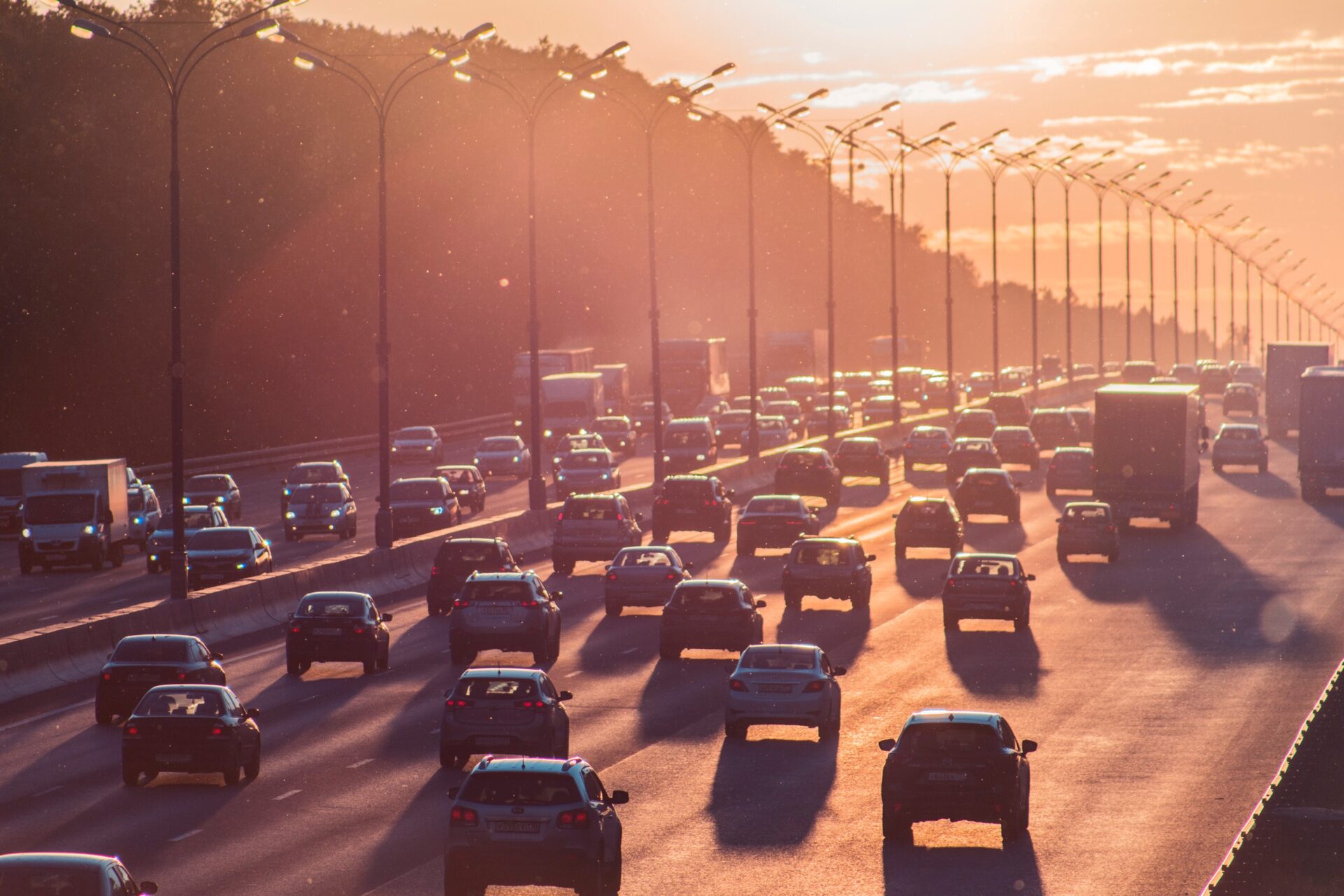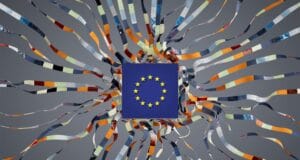This content was created by the Data Sharing Coalition, one of the founding partners of the CoE-DSC.
By our participant FOCWA
As a trade association, FOCWA has stood up for the interests of automotive bodyshops in the Netherlands for more than 80 years. All activities of FOCWA are aimed at helping and stimulating members to get the most out of their entrepreneurship. The importance of digitalisation in the automotive sector is increasing, and how to get free access to vehicle data is one of the greatest challenges for automotive bodyshops. After all, access to vehicle data, and the control thereof, is necessary to get more out of entrepreneurship.
AFCAR: making mobility safe and affordable
In order to cope with this challenge, FOCWA is looking for collaboration. Within the Data Sharing Coalition. But also within AFCAR NL, an alliance of industry associations for consumers and entrepreneurs in automotive retail, service and services, with the aim of supporting the Dutch government in its contribution to Brussels and for Dutch compliance, implementation and enforcement of European directives and laws. With the AFCAR NL alliance ANWB, BOVAG, FOCWA, RAI Aftermarket, RAI Equipment, VACO, Verbond van Verzekeraars and VNA point out the opportunities for the affordability and road safety of mobility to policymakers in the Netherlands and Dutch policymakers in Europe.
Sharing specific vehicle data serves a clear public interest; it offers social and economic opportunities such as road safety, affordability of mobility, traffic flow, freedom of choice for the consumer, and it increases the innovative and competitive capacity of Dutch companies. Moreover, the importance of data is increasing, and it is plausible that not sharing data can have negative effects on the exploitation of the above-mentioned social and economic opportunities. If, for example, bodyshops did not have access to vehicle data, the safety of the damage repair could also be compromised.
The risks of not being able to share vehicle data
Access to data largely determines the position of power (and the earnings model) of the actors involved. We believe that consumers should always be in control of the vehicle data generated by them. If consumers do not own their (personal) data, the chance of a lock-in for the consumer increases. This is because they do not have the freedom to share their vehicle data with the company of their choice to, for instance, perform a repairment. When only the car manufacturer decides to whom this data will be made available, an uneven playing field will arise in the after-sales market Besides, statutory tasks for public parties such as the national government are under pressure, because they, too, must have access to this (vehicle) data, and innovation in the automotive companies that are crucial for the Netherlands is slowed down.
In order to enable everyone in the mobility sector to benefit from the advantages of digitalisation, we draw attention to the opportunities that access to and sharing of vehicle data offers Dutch consumers, entrepreneurs and government services. AFCAR NL wants mobility to remain safe and affordable, thanks to the possibilities of data sharing.
A fair form of data sharing must be anchored in law so that enforcement is guaranteed and we can capitalise on the new opportunities that data offers our society and economy.
Creating a level playing field
However, a level playing field in the automotive sector is needed for that. Practice shows that this cannot be taken for granted. On the contrary: there are also mechanisms in the automotive field that promote concentration of power and market disruption, whereby not all market parties are given equal opportunities. A fair form of data sharing must be anchored in law so that enforcement is guaranteed and can be capitalised on the new opportunities that data offers our society and economy.
After all, the current regulations date from a time when there was hardly any disclosure of data. More real-time access to vehicle and usage data is indispensable in order to provide optimum service to the vehicle user. We are also in discussion with policymakers about the enforcement of regulations. So that every bodyshop has the same opportunities in entrepreneurship. Sharing data provides extra digital acceleration, extra innovation power and employment. In startups, but certainly also in the thousands of companies that are affiliated with our organisations and that are a driver of innovation in the automotive sector in a European context. Just think about how many innovations we would have missed if only smartphone manufacturers had access to the data these devices generate.
Thanks to digitisation, the Netherlands can offer and develop digital services and services around the vehicle, thus responding to the road safety of people and the environment. On the other hand, data – and thus market foreclosure by major players – can lead to forced shopping, restriction of competition, price increases and a loss of innovative strength.
A shared principle: data sovereignty
As AFCAR NL, we also share these challenges and opportunities with the Data Sharing Coalition. Data sovereignty is the shared principle whereby consumers retain control over data. But where we are also looking together for solutions, guidelines and agreements systems to share data easily, securely and in a trusted manner.
Through the collaboration with the Data Sharing Coalition, FOCWA can work with other industry organisations, market parties, companies and institutions on possible blueprints that can be applied to the automotive sector, while also taking into account technical standards, legal agreements and reliable, reusable digital identities. The concrete challenge facing the automotive sector is a valuable element in the discussions that are currently taking place within the Data Sharing Coalition.




